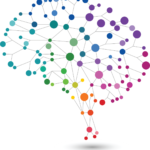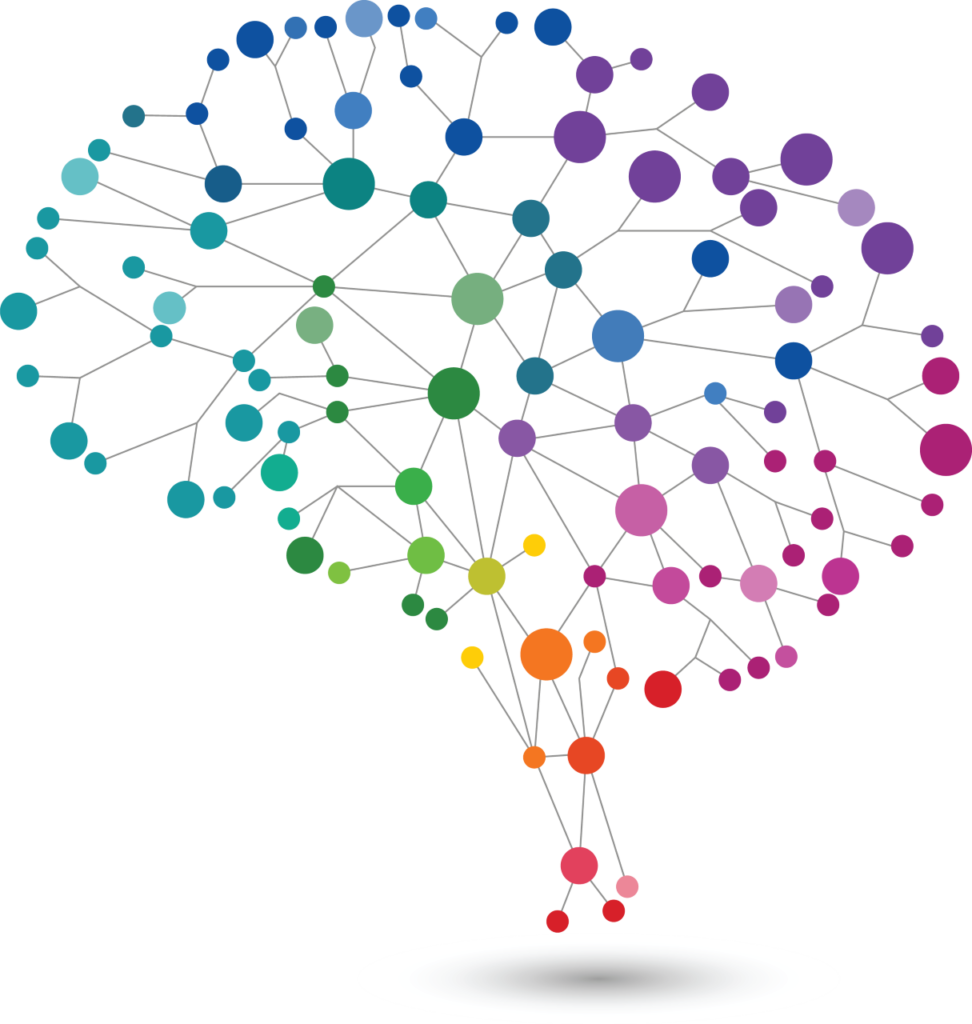IT Audit and Cybersecurity
Higher-order thinking for IT audit and cybersecurity: skepticism, better evidence, stronger communication, security analytics, leadership, and ethics—developing the mental framework that elevates every technical skill you use
IT Audit Lab
Step into the IT Audit Lab—an immersive, science-driven experience that transforms how IT auditors and cybersecurity professionals think, decide, and communicate. This is not your typical workshop. It’s hands-on, high-impact, and designed to sharpen the skills that truly matter.
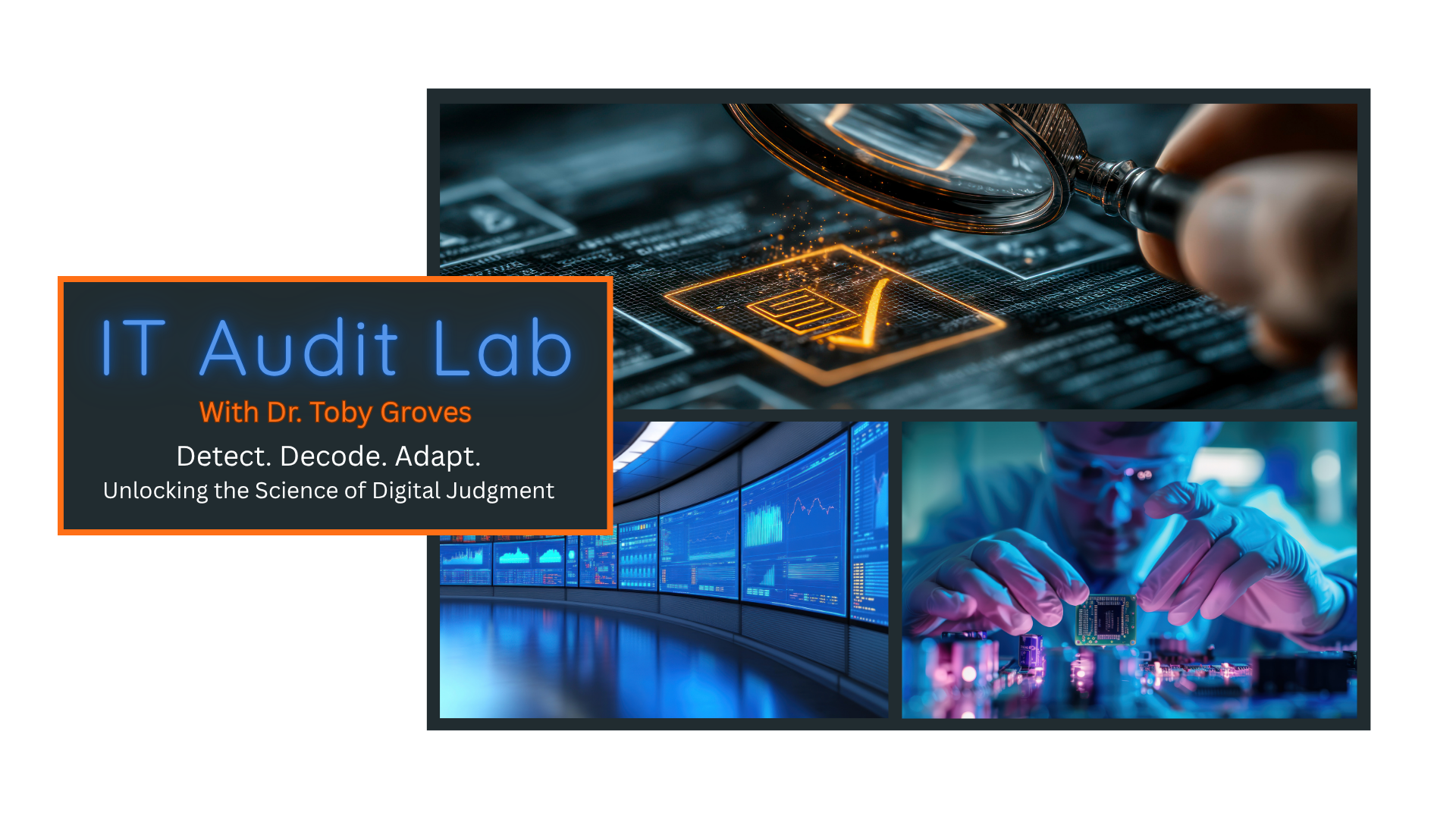
Untapped: Unlocking Better Thinking for IT Auditors
This highly acclaimed session, tailored specifically for auditors and led by Dr. Toby Groves, embarks on a captivating exploration of the psychological science behind effective audit practices. The session serves as a practical and inspirational call to action, equipping IT auditors with powerful tools to enhance their thinking when it matters most. It introduces new thinking, daily habits, and advanced strategies that substantially improve judgment and decision-making. Participants will learn to cultivate the foundational cognitive abilities that support the key skills required for IT auditors, enabling them to perceive insights that remain unnoticed by others.
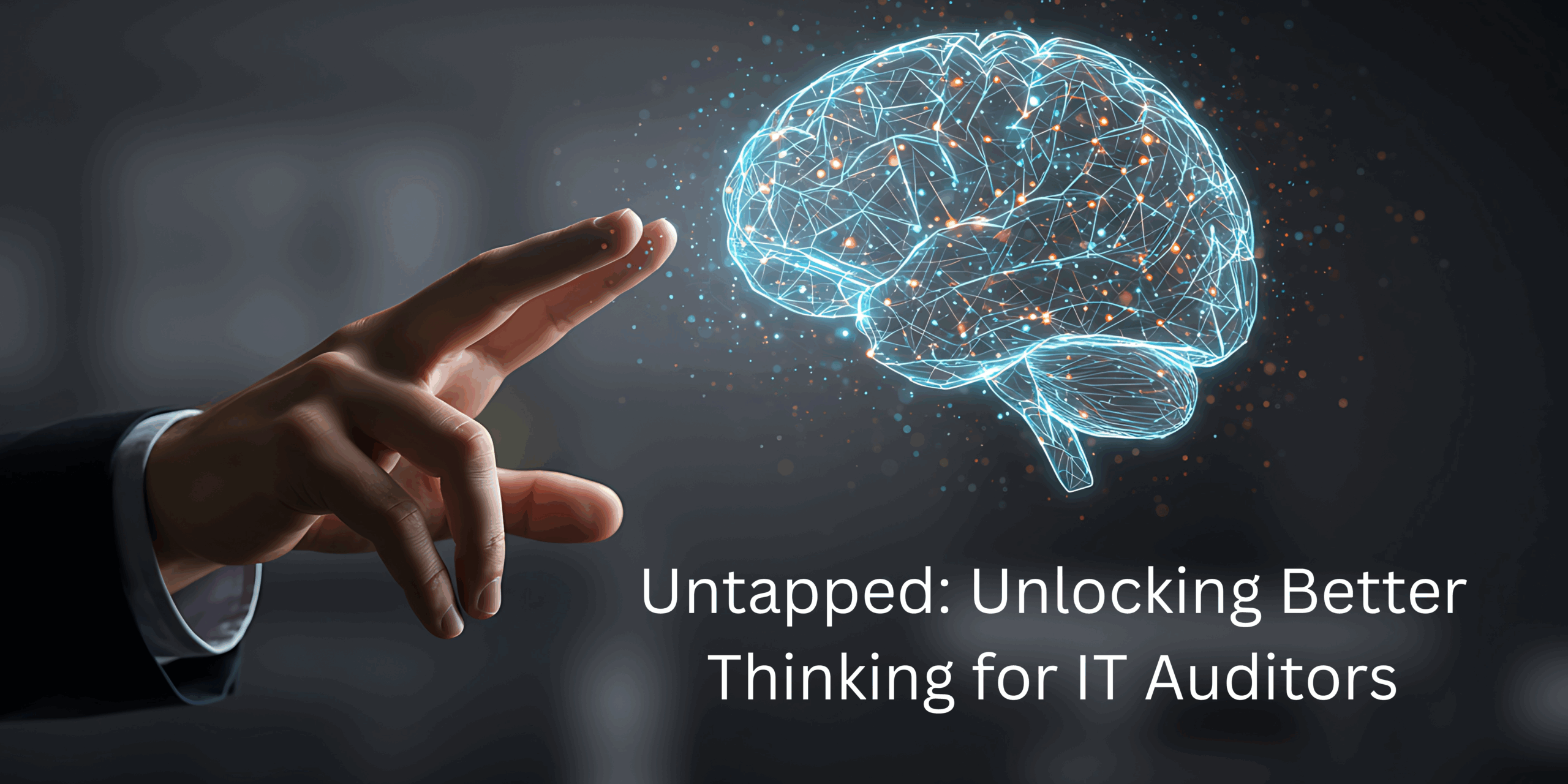
"It's not what you look at that matters, it's what you see."
Henry David Thoreau
Advanced Threats: Mastering the Complex Dynamics of Modern Cybersecurity
We’re entering an era where attackers harness AI and psychological manipulation to exploit both systems and people. This session, built for IT auditors and cybersecurity professionals, draws on cutting-edge research and real-world cases to strengthen your ability to detect and disrupt complex threats. We’ll examine advanced attack profiles, insider risks, anomaly detection, and critical controls—sharpening both technical and cognitive defenses.
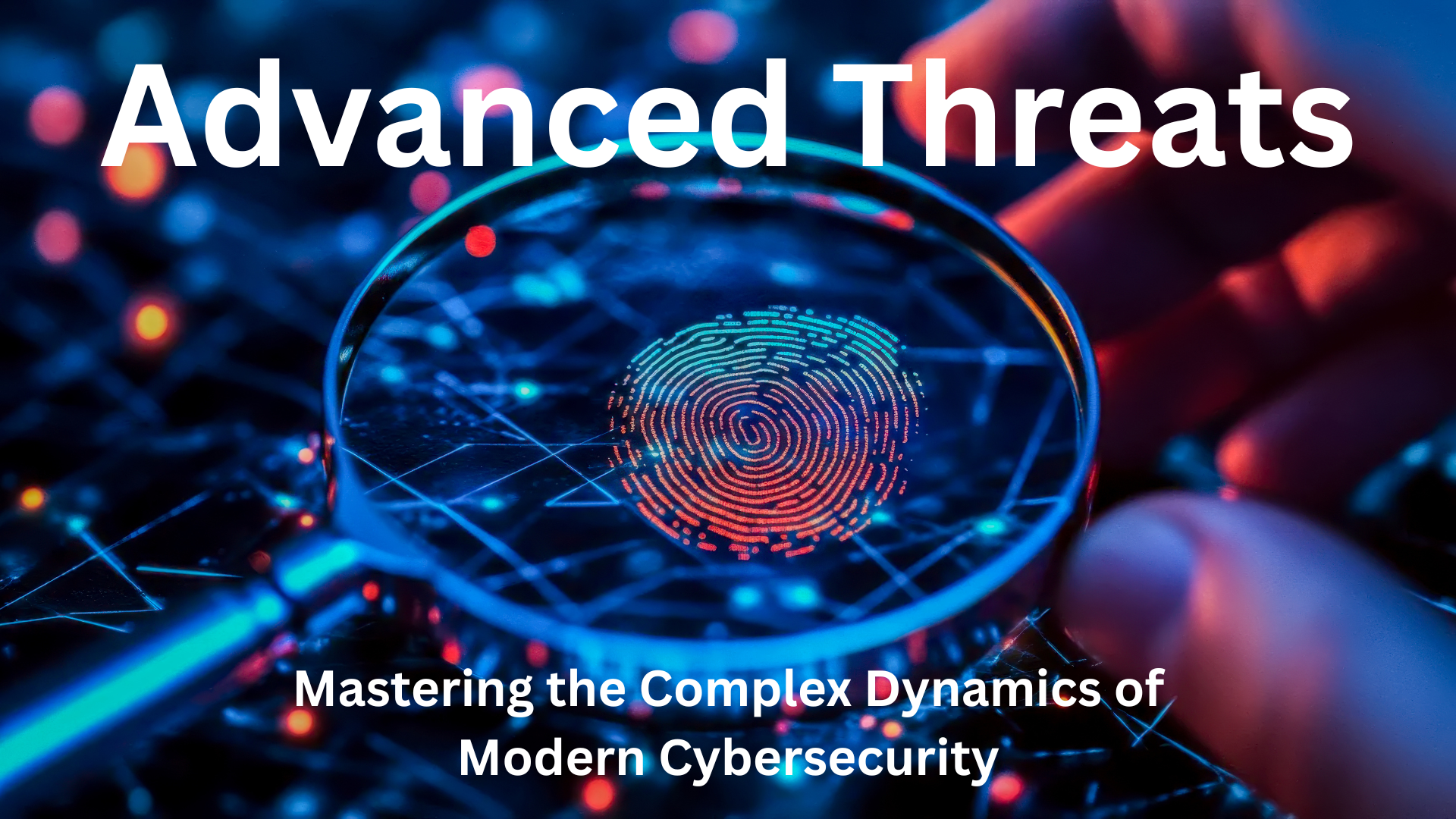
AI Think, Therefore I Am
Merging Human Ingenuity with Artificial Intelligence
In today’s evolving tech landscape, combining human critical thinking with AI isn’t optional—it’s essential. AI can boost IT audit efficiency, uncover insights, and enhance risk detection, but its true power emerges when paired with human judgment.
This session explores how IT auditors can integrate cognitive science with AI—learning to evaluate AI outputs, spot biases, and craft smarter prompts. By fusing intuition with machine intelligence, you’ll elevate precision, creativity, and insight in auditing and decision-making.
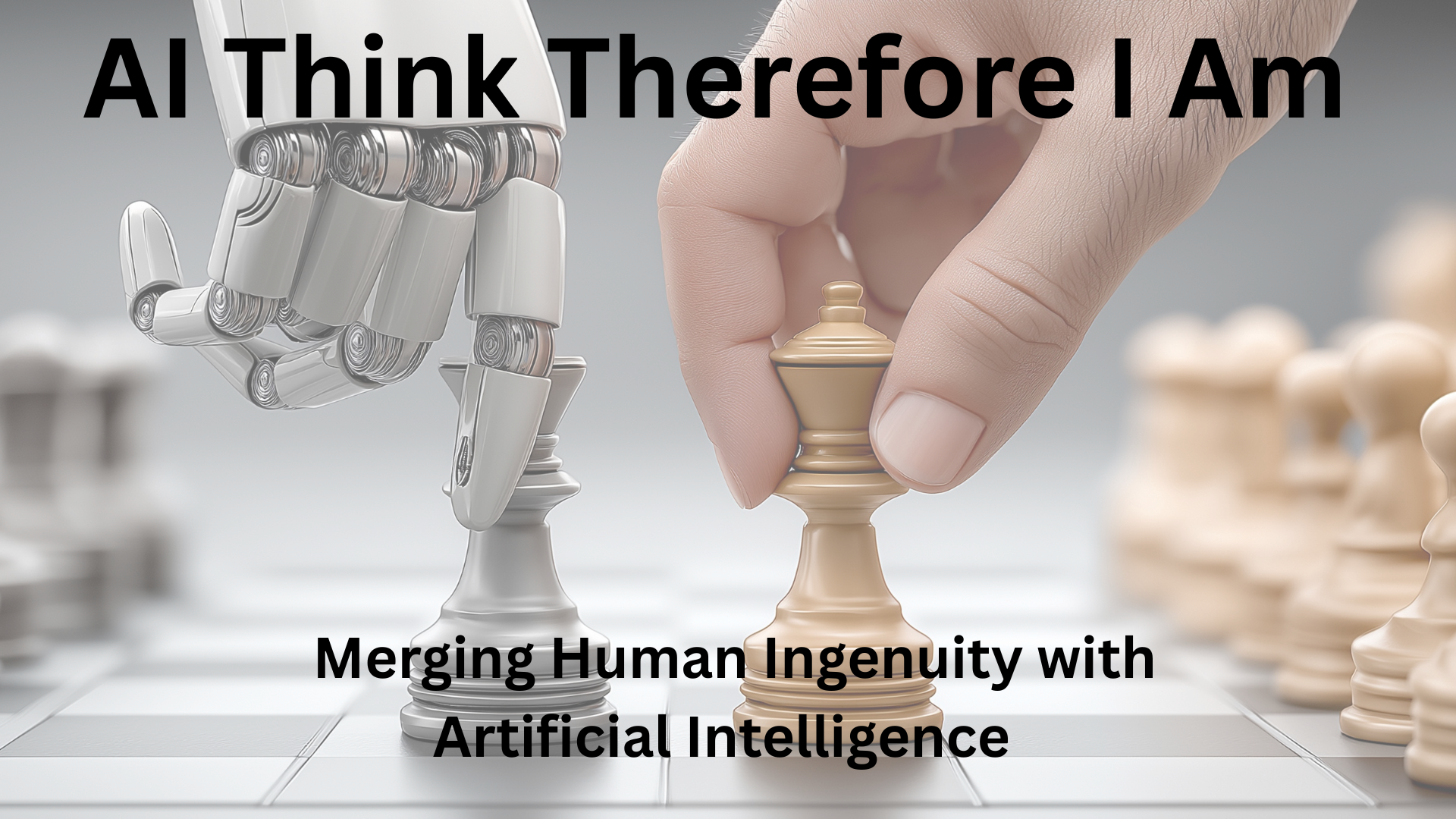
Insider Threat
The Call is Coming From Inside The House!
Insider threats—those stemming from accidental, negligent, or malicious actions—represent one of the most significant risks organizations face today. These threats often hide in plain sight, exploiting control gaps and weaknesses, resulting in devastating financial and reputational damage.
Participants will explore key observables across behavioral, HR, and IT domains, leveraging these insights to develop a proactive insider threat program. The session emphasizes a balance between security and organizational trust, with a focus on building resilience through collaboration and advanced detection strategies.
Participants will engage in practical discussions, case studies, and exercises designed to equip them with actionable tools to detect, prevent, and mitigate insider threats effectively.
.

Enhancing Audit Decisions with AI and EI
AI brings speed, scale, and pattern recognition to auditing—but it lacks context, empathy, and ethical discernment. That’s where emotional intelligence (EI) becomes essential. This session explores how combining AI’s analytical power with EI’s human insight leads to smarter, more balanced decisions in complex environments.
You’ll learn how to leverage AI for anomaly detection, risk analysis, and workflow automation—while using EI to interpret nuance, build trust, and manage uncertainty. We’ll explore where AI falls short, how to prompt it more intelligently, and why emotionally aware auditors are essential for navigating ethical dilemmas, interpersonal dynamics, and high-stakes communication. Together, AI and EI create a decision-making model that’s both data-smart and deeply human.

The New Psychology of Professional Skepticism
Booking now for fall 2025 and spring 2026
The world has changed—and so must our approach to professional skepticism. This transformative session introduces a dynamic new model of skeptical reasoning designed to meet the demands of today’s complex environments. Moving beyond outdated, mechanical checklists and superficial doubt, this program reveals the hidden psychological and contextual forces that influence judgment and decision-making.
Participants will explore the three dimensions of skepticism and how to tune their thinking to better match the reliability of evidence, situational cues, and organizational culture. Through powerful demonstrations and interactive exercises, attendees will discover how to adapt their approach, surface hidden assumptions, and improve the accuracy of skeptical judgments in real-world settings.
Whether you’re an auditor, analyst, executive, or policy advisor, this session will help you reframe what it means to think critically and skeptically—and elevate your professional impact.
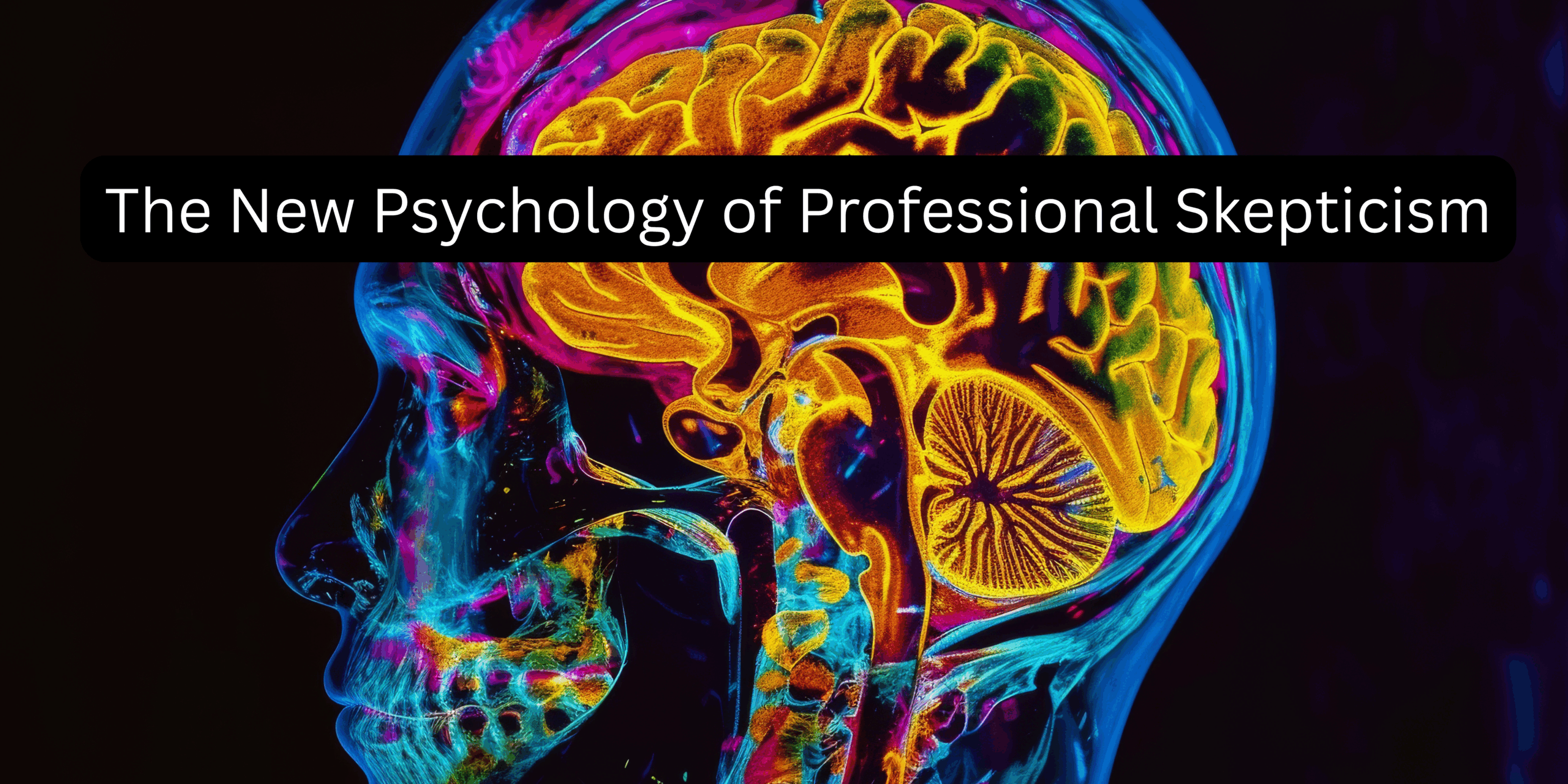
"It is the mark of an educated mind to be able to entertain a thought without accepting it"
Aristotle
What attendees say



What event organizers say



How These Sessions Are Different
My sessions are dynamic, interactive journeys designed to challenge and expand the way IT auditors think and work. With a foundation in psychology (PhD) and a rich background working closely with IT auditors and being a former CPA, my expertise bridges forensic psychology, forensic accounting, and the cognitive sciences to deliver content that truly resonates with IT audit professionals.
Research-Backed, Results-Driven Presentations
At the core of my sessions is a pioneering scientific study on auditor thinking, an endeavor that has expanded into a dynamic repository of auditor thinking patterns. This ongoing research fuels my interactive presentations, making them not only captivating but also profoundly educational and impactful.


Beyond Technical Knowledge: A Focus on Cognitive Excellence
My philosophy centers on a simple yet profound truth: the value of an IT auditor’s technical knowledge relies on their ability to think critically and apply that knowledge effectively. My sessions are crafted to enhance this aspect, equipping IT auditors with the tools to become more efficient, insightful, and impactful in their roles.
Topics Tailored Especially for IT Auditors
From the psychology of critical thinking in IT auditing to cybersecurity risk, fraud detection, communication strategies, ethics, and data analytics, my presentations cover a wide spectrum of topics essential for today’s IT audit professionals. Each session is customized to address the most urgent challenges and emerging trends in technology and assurance—ensuring your team stays ahead in an increasingly complex digital landscape.

We have more data than ever, but what is it really telling us? New technologies and analytical methods detect myriad patterns in our data, but what do they really mean and what decisions can they help us make? Is the underlying data reliable? Is it valid for the purpose you are using it? Cognitive technologies distance us from the context of our data, shrouding the meaning behind the patterns and how to apply the information for effective decision-making. New thinking approaches are required to move beyond simple recognition of correlations to insight into why relationships exist. This session will teach methods that give us the ability to discern the inner character of problems, to recognize why interactions occur, and what decisions can be made with the information.
Enhancing Audit Decisions: Integrating AI and Critical Thinking
This cutting-edge course equips auditors with the vital skills to integrate critical thinking with artificial intelligence, significantly boosting audit task performance, decision-making, and data analysis. Participants will engage with the intersection of cognitive science and AI, leveraging AI’s potential through prompt engineering and critical evaluation of AI outputs. The course features hands-on examples and practical techniques to identify and mitigate biases, uncover logical inconsistencies, and formulate contextually relevant questions for real-world applications
Emotional Intelligence in Auditing: Enhancing Judgment and Communication
Emotional intelligence deeply influences our reasoning, shaping how we prioritize, interpret, and present information. It’s crucial for auditors, affecting judgment and decision-making. This session delves into emotional intelligence’s role in auditing, focusing on enhancing this skill to improve our thinking and effectiveness as auditors. We’ll explore strategies to boost emotional awareness and mastery, vital for navigating audit challenges. Attendees will learn how to elevate their emotional intelligence and communication, key for mastering complex professional interactions and engagements.
Seeing Patterns Others Don't
In a world brimming with complexity, the ability to discern how various elements interact and influence each other stands at the heart of innovative problem-solving and sound decision-making. This session promises to unveil the secrets of connectivity, offering a deep dive into the art of systems thinking and pattern recognition. You’ll explore cutting-edge techniques to uncover hidden and unconventional patterns, tackle contradictory evidence with finesse, and master the art of identifying and interpreting intricate connections. Prepare to transform your perspective and develop a keen eye for the patterns that elude others, opening doors to unparalleled insights and strategic advantages.
Finding Fraud is a rare look at fraud from the inside, including the perspectives of auditors that unwittingly helped perpetrators, and Investigators that found themselves on the wrong side of the law. We’ll examine the viewpoints of the victims, forensic psychologists, interrogation experts, perpetrators, fraud researchers, and law enforcement. The session confronts the most persistent challenges we have with fighting fraud today. It presents behind-the-scenes research from multiple perspectives that will challenge everything you thought you knew about fraud.
Advanced Communication Skills for IT Auditors
Master the nuances of advanced communication in the auditing sphere with this comprehensive course. Delve into the intricacies of both written and verbal communication across in-person and virtual platforms. Develop the skills to present complex audit-related information compellingly and employ storytelling techniques to motivate change. Gain expertise in sophisticated persuasion and negotiation strategies to influence outcomes effectively. Learn the fine art of navigating difficult discussions with tact and learn how to probe deeply with questions that unveil the true intent behind the responses. Acquire techniques to establish immediate trust and adapt your communication style to various cultural contexts. For auditors who aspire to elevate their influence and impact, this course is an essential step towards becoming a formidable communicator.
When the Facts Aren’t Enough: The Art of Communicating Complex Information
Mastering the art of translating complex information into influential insights is a skill that transcends mere data analysis—it’s about crafting narratives that resonate and motivate. Our session, ‘When the Facts Aren’t Enough,’ focuses on the nuanced art of making intricate data accessible and compelling, even to those unfamiliar with the subject matter. This expertise signifies not just an in-depth comprehension of the data but a profound insight into its real-world implications and how it’s perceived by diverse audiences. By adopting the perspectives of your listeners and embodying their experiences, this interactive workshop delves into the cognitive strategies and thinking paradigms essential for clear, impactful communication. Participants will emerge with enhanced abilities to convey their knowledge persuasively, ensuring their messages are not just heard but felt and acted upon
Unearthing vital information, demystifying assumptions, and revealing the intricacies of actions are the hallmarks of masterful audit interviews. These interactions provide a unique chance to navigate through narratives as they emerge and to pose impactful questions that extract critical insights. The art of the audit interview extends beyond mere conversation—it is a strategic tool for investigation, understanding, and essential information gathering. In this session, you’ll learn the subtleties of adopting an effective interpersonal style, formulating incisive questions that go beyond surface answers, interpreting non-verbal communication, and adjusting your approach to suit various cultural contexts. Participants will depart equipped with the most current behavioral research tools to conduct audit interviews that deliver results.
The Science of Great Leadership
Leadership skills have never been more important, in all industries and at all levels, whether executive or front-line employees. Organizations succeed in meaningful ways when their individual members have the ability to inspire action, build trust, solve complex problems, coordinate effective teams, and resolve contentious conflicts without damaging important relationships. This requires a deep understanding of human motivation, emotional intelligence, and nuances of cultural psychology. This session teaches a powerful model that allows attendees to build their own core leadership skills as well as the psychology of performance and motivation and the social psychology of organizational behavior.
The Science of Organizational Culture and Decision-Making
Equity and diversity across neurodiversity, racial and ethnic backgrounds, cultures, and ages enrich social networks, fostering deep learning, flexible thinking, and long-term organizational health and wellness. Diverse teams, embracing a spectrum of perspectives, achieve higher satisfaction, superior decision-making, and elevated performance. Discover the science that enhances social networks and learn to embed social standards and norms promoting equity and inclusivity. Master strategies for building a culture that encourages personal responsibility in shaping group norms and attitudes essential for embracing a broad spectrum of diversity, driving collective success.
